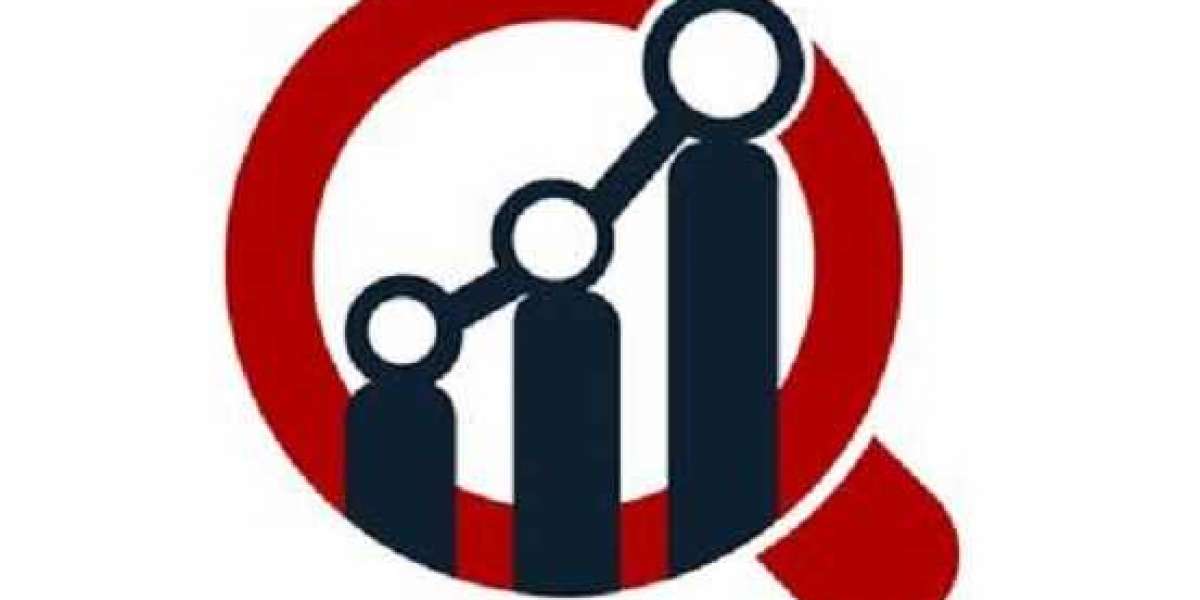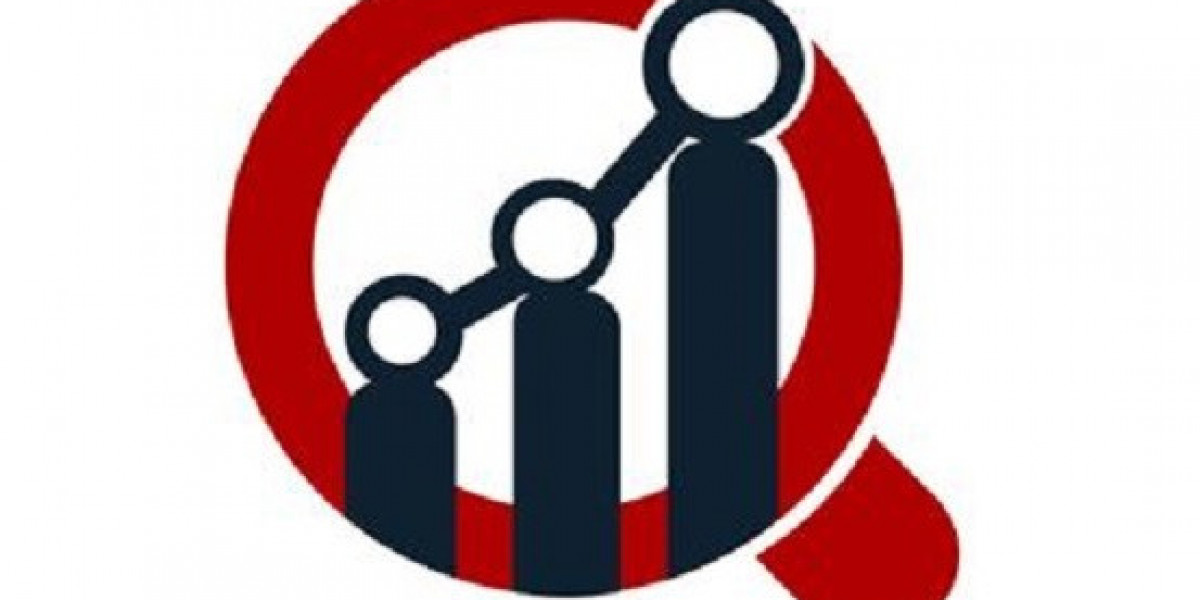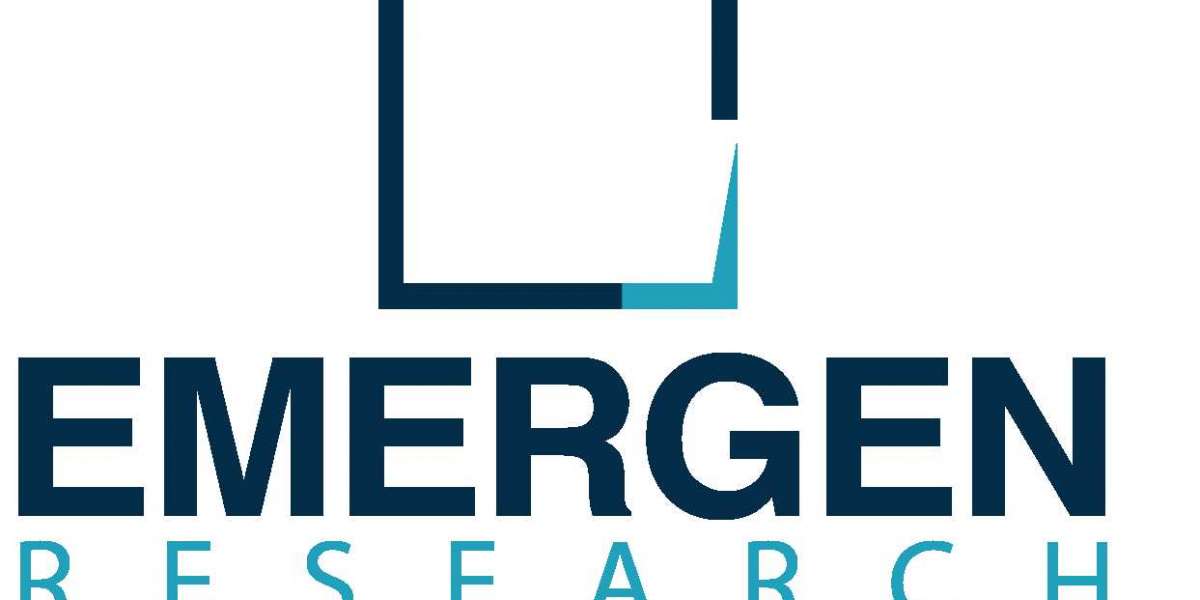Life science analytics market players and analysis by type of analytics, application, component, deployment model and end-user – Forecast to 2030
The life sciences market uses software called life science analytics market to evaluate vast amounts of data. Both the need for preventive care and the early detection of virus strain patterns that might forecast a virus' level of malignancy can trigger these demands. Numerous growth factors, obstacles, and opportunities are described in the Market Research Future (MRFR) research on the worldwide life science analytics market for the years 2023 to 2030. (forecast period).
Market Scope of life science analytics
The global life science analytics market size can reach to new heights by 2030 while exhibiting a CAGR of 3.40% during the forecast period. Emergence of personalized medicine and precision medicine have created new opportunities for the market to thrive. The need for advanced tools in clinical research institutes can drive the demand for life science analytics.
The rise in pharmaceutical company clinical trials, the use of the software and its support in sales and marketing, better data standards, and the looming need for better patient outcomes could fuel the demand for life science analytics globally. The adoption of big data can have a substantial impact on the expansion of the world market. A clear indication of the enormous potential of life science analytics can be seen in the intense need to reduce healthcare costs.
But data privacy concerns and lack of skilled personnel for handling the software can hamper the global market growth.
CitiusTech Inc., IBM, Inovalon, Saama Technologies, Inc., IQVIA, Optum, Inc., Oracle, SCIOInspire, Corp., McKesson Corporation, SAS Institute Inc., Allscripts Healthcare, LLC, Cerner Corporation, and Health Catalyst are the global life science analytics market players.
Life Science Analytics Market Segmentation
The global life science analytics market is segmented by type of analytics, application, component, deployment model, and end user.
By type of analytics, it is segmented into descriptive, predictive, and prescriptive. Descriptive analytics held the largest share of the market in 2018. The segment can enjoy a stable growth rate during the forecast period owing to its use by life science companies for assessing past trends as well as real-time trends. However, predictive analytics can command a pretty large market share due to the necessity of understanding customer behavior.
By application, it is segmented into supply chain optimization, sales marketing, pharmacovigilance, regulatory compliance, and research development. Research development can command a high demand for life science analytics due to its use in RD activities. The large volume of clinical and preclinical trials is deemed to drive the application growth in the global life science analytics market growth. Regulatory compliance can contribute to market growth due to the array of tools in life science analytics software to adhere to latest regulations while ensuring constant productivity.
By component, it is segmented into software, hardware, and services. The software held the highest market share due to its low cost and implementation. Services include maintenance of hardware and software and its smooth functioning for analytical systems.
By deployment model, it is segmented into cloud and on-premise. The latter holds the larger share of the global life science analytics market due to preference by end-users for its user-friendliness.
By end-user, it is segmented pharmaceutical, biotechnology medical device companies, hospitals and clinics, and others. Hospitals clinics can dominate till the end of the forecast period due to its assistance in lowering errors and increasing productivity.
Regional Analysis
The Americas, the Middle East Africa (MEA), Asia Pacific (APAC), and Europe are major regions covered in the global life science analytics market report.
Due to high healthcare spending and the adoption of healthcare IT solutions by life science enterprises, the Americas can dominate the worldwide life science analytics market. The main element influencing the need for life science analytics is efforts to lower healthcare expenses per person.
Discover More Research Reports on Healthcare Industry by Market Research Future:
Telehealth Market Research Report Information By Component (Hardware, Software, and Services), By Mode of Delivery (Web/Cloud-Based, and On-Premise), By Application (Radiology, Cardiology, Primary Care, Neurophysiology, and others), By End Users (Hospitals and Clinics, Diagnostic Centers, Home Care, and others), And By Region (North America, Europe, Asia-Pacific, And Rest Of The World) – Market Forecast Till 2030
Acne Treatment Market Research Report Information by Acne Type (Moderate, Mild, Moderate to Severe), Treatment (Medication, Therapeutic Devices), Drug Type (OTC, Prescription), Route of Administration (Topical, Oral, Injectable), End User (Hospitals Clinics, Specialty Centers) and Region (Americas, Europe, Asia-Pacific, and Rest of the World) - Forecast till 2030
About Market Research Future:
Market Research Future (MRFR) is a global market research company that takes pride in its services, offering a complete and accurate analysis with regard to diverse markets and consumers worldwide. Market Research Future has the distinguished objective of providing the optimal quality research and granular research to clients. Our market research studies by products, services, technologies, applications, end users, and market players for global, regional, and country level market segments, enable our clients to see more, know more, and do more, which help answer your most important questions.
Contact Us:
Market Research Future (Part of Wantstats Research and Media Private Limited)
99 Hudson Street, 5Th Floor
New York, NY 10013
United States of America
+1 628 258 0071 (US)
+44 2035 002 764 (UK)
Email: sales@marketresearchfuture.com
Website: https://www.marketresearchfuture.com








